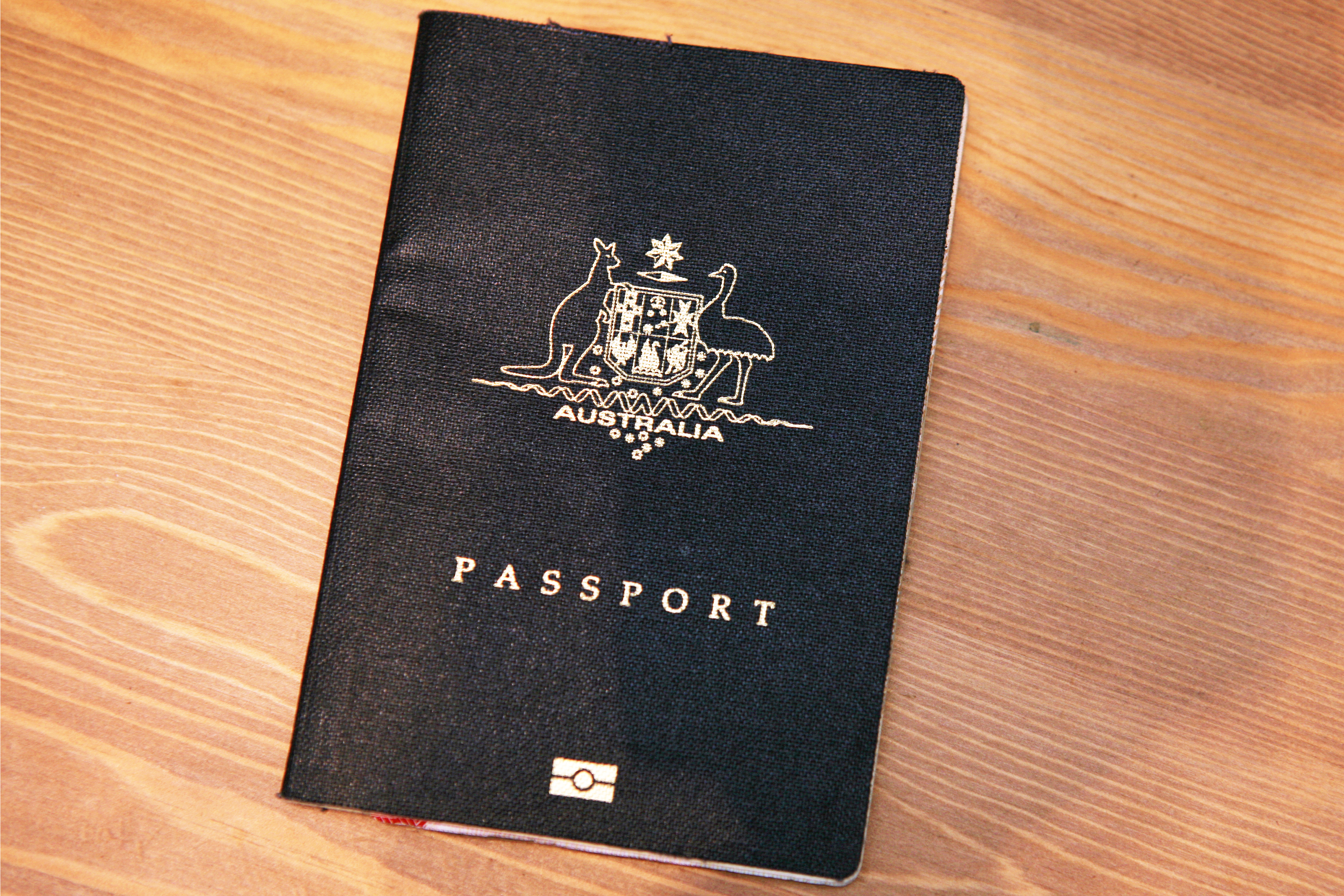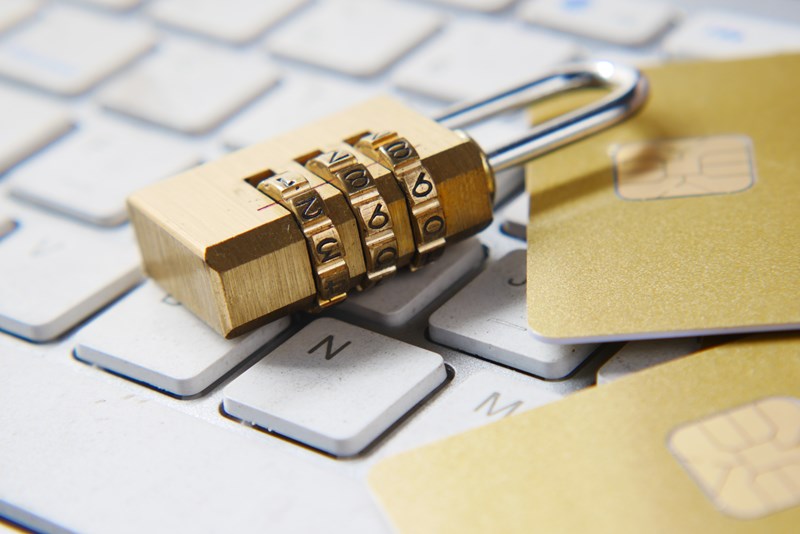Identity theft and credit card fraud are two of the most common scams travellers can experience overseas.
Thieves often single out tourists from western countries like the United States, United Kingdom and Australia as wealthy targets to pickpocket. Once they’ve relieved you of your wallet, phone or passport, you’re then at greater risk of having your identity stolen or falling victim to fraud.
There are a few simple steps you can take before you leave, during your travels and after you return home to reduce the risks.
A good place to start is understanding what the different terms mean.
What is identity theft?
Identity theft is the criminal use of another person’s identity. The goal is usually either to steal directly from the victim, or use the stolen identity to obtain other financial benefits such as:
- Accessing your bank or financial accounts.
- Applying for new credit cards or bank accounts in your name.
- Racking up debts or obtaining a personal loan in your name.
- Applying for fake identification documents such as passports and licences in your name.
- Registering a vehicle intended for criminal use.
- Applying for a mobile phone contract or other services in your name.
- Applying for housing or rental tenancies in your name.
Types of Identity Theft While Travelling
1. Passport fraud
Passport is a type of identity theft where the goal is to sell or replicate your passport. It can then be used in criminal activities like drug trafficking, people smuggling or even terrorism.
It is important that you keep your passport safe to assist to protect yourself from passport fraud while travelling
2. Credit Card Fraud
Credit card fraud is also closely linked to identity theft, and one of the most common scams you can experience both at home and overseas. The methods vary widely, but a common goal is to steal your credit card details to make fraudulent purchases.
Fraudsters have a range of different tricks up their sleeve, from phoney telemarketing calls and phishing emails, to skimming devices, to the outright theft of your physical card.
Signs to watch for if you may be a victim of credit card fraud
Identity theft protection comes down to remaining vigilant. With this in mind, there are common signs of identity theft to look out for.
The most obvious sign is unexpected charges on your credit and debit card bills. When looking through bank statements, it’s important to note that some thefts will take smaller increments in the beginning before withdrawing more significant amounts.
When it comes to credit card fraud, you may also receive debt collection notices in relation to products or services that you haven’t in fact purchased.
In the digital age, it’s also important to take email and text notifications about password changes seriously. These password changes might have been requested by someone looking to take over your accounts.
In terms of email and text notifications, you can also help to protect yourself from identity theft by being selective about links or messages that you open and reply to. If you have interacted with your bank through an email or text before, then it is more likely that it will be safe to proceed. If the number or email looks different, it is likely a scam to get you to enter your details in order to commit credit card fraud. When in doubt, make sure you contact your bank - as it is always better to be cautious in these scenarios.
Finally, another sign to look out for is incorrect credit reports. Identity thieves will take out contracts such as phone or internet plans and run up a debt unbeknownst to you. As each bill goes unpaid, your credit score will be negatively impacted.



9 smart ways to try and prevent identity theft while travelling
Identity theft can happen at any stage of travel, but being aware of the risks and taking steps to avoid them is the best way to assist to protect yourself and your identity before you even leave home.
There are a few simple precautions you can take to reduce your risk of identity theft before you head overseas on holiday:
Clean out your wallet
Don’t travel with unnecessary identifying information such as photo identification, paperwork or credit cards. Clear out your wallet and leave everything you won’t need at home.
Make copies
Make digital copies of your travel documents (passport, Visa, insurance certificate, etc.) and email these to yourself, or leave a hard copy with a trusted friend or family member who you can contact from overseas. If you do have anything stolen, at least you’ll have all the information on hand to act quickly and organise replacement documents.
Create a temporary travel email account
Create a free email address to use while you’re overseas. If a hacker gets into your real private or work email account they can do a lot of damage.
Use travel cash cards
Consider using travel cards that can be pre-loaded with foreign currency. Not only can you lock in the current exchange rate and avoid bank conversion fees, but they can be used just like a normal Visa credit card. You can also register your travel card online. That way if it is stolen, you can easily deactivate the card, retrieve the stored funds, and the thieves won’t have access to your identity or linked bank accounts.
Purchase travel insurance
Buy travel insurance before your trip that covers lost or stolen travel documents, credit cards and theft of cash. Some policies may also provide additional cover for travel delays, missed connections, and emergency accommodation and food expenses in case you’re held up because of lost or stolen documents.
Beware of public WiFi networks
Never enter sensitive information such as usernames, passwords or personal details on websites while connected to public WiFi networks or ‘hotspots’. These may be intentionally set up with inconspicuous names in locations that tourists are known to frequent such as airports, cafes, fast food chains and hotels in order to steal your information.
Protect your phone
Make sure your phone is password or fingerprint protected and manually log out of any social network apps, email accounts and banking apps that keep you automatically logged in. Phone theft is very common overseas and potentially gives thieves access to a wealth of personal information.
Store your documents securely
Use the hotel safe to securely store your travel documents and valuables. Never leave them unsupervised in public or lying around in your room while you’re not there.
Act quickly
If your phone, passport or other important travel documentation is stolen or goes missing, inform the local police, your bank and your country’s Embassy or Consulate immediately.



What to do if your passport is stolen while travelling?
If your passport is stolen or goes missing, follow these steps:
- Contact your travel insurer who can direct you to the nearest Embassy or Consulate and assist you with making a claim.
- If you don’t have travel insurance, contact your local Government Embassy or Consulate. They can invalidate your passport so that no one else can use it for travel. Alternatively, you can also report a lost or stolen passport online.
- File a police report. You’ll need to submit this with your travel insurance claim.
- Apply for a replacement passport. It will help speed up the process if you can access a digital copy of your passport and travel documents. A new passport can usually be issued within 24 hours.
Your travel insurer may be able to assist with the cost of replacing your travel documents, as well as providing an allowance for accommodation and food expenses while you wait out the delay.
Depending on your policy type, you may also have cover for alternative transport expenses under your travel insurance if you miss a scheduled flight or other mode of transport due to a lost or stolen passport.
How to try and avoid credit card fraud while travelling
Credit card theft can happen at any time during your travels. Most thieves will attempt to use stolen credit cards to make fraudulent purchases immediately after seizing them in the hopes of draining your account before you (or your bank) notices they're even missing.
There are a few steps you can take to reduce the risk of falling victim to credit card fraud while travelling overseas:
Travel light
Don’t travel with any credit cards, bank cards or cheque books that you don’t need during your trip. Leave these stored securely at home.
Save your bank’s contact details
Save your bank or credit card company’s international phone number so you can quickly contact them if your cards are stolen, or check if they have a phone app that allows you to lock down your credit cards.
Be careful using public wifi networks
Never enter any sensitive information such as usernames, passwords or credit card details into unsecured websites or while connected to public wifi networks.
Be wary of ATMs
Be mindful while using ATMs overseas. Choose ATMs located inside the bank rather than on the street if possible, and check for fake panels or skimming devices before use.
Also remember to position your body to block anyone’s view while entering your PIN, or ask a travelling companion to help shield your transaction from prying eyes.
Notify your bank
Tell your bank your travel dates and the regions you’re travelling to so they can monitor any suspicious account activity outside of those dates and regions.
Giving them adequate notice also means they won’t assume your own transactions overseas are fraudulent and lock your accounts.
What to do if your identity is stolen
Steps to take when dealing with credit card fraud or identity theft:
- Contact your bank: your bank will move to block the account so that further funds cannot be used.
- Report the breach to your providers: other financial services such as your super fund, in addition to medical insurance institutions and the like will also need to be notified to ensure your accounts are secure.
- Request a replacement passport: if you believe that your passport has been lost, stolen or compromised, request a replacement so that the old passport can be cancelled.
- Change all passwords: all passwords for online accounts ranging from internet banking to Facebook will need to be changed.
- Contact the police: the police have a Cyber Crimes unit that will be able to take the appropriate measures if you think that your personal information has been used.
- Speak to family and friends: keep loved ones informed. This way, if the scammer contacts them via email or text message, they can block and report.
- Contact IDCARE: engaging with this free service will help you create a plan of how to limit the possible effects of having your identity stolen.
Bonus travel tips for identity theft protection
Even after safely returning from overseas, you may still be at risk of identity theft or fraud when you get home.
Smart thieves may hold onto your information for some time before using it, or purposely use it in situations where the paper and digital trail will appear more slowly.
Make sure you’re in the clear with these quick tips:
- Check your bank and credit card statements regularly for any suspicious activity.
- Delete your digital copies of your identification and travel documents.
- Change your bank card PIN.
- Change your email and other account passwords.
Do you need a travel insurance policy that includes cover for credit card theft or fraud and lost or stolen travel documents?
Get a fast and simple online quote for Comprehensive travel insurance by clicking the button below.



